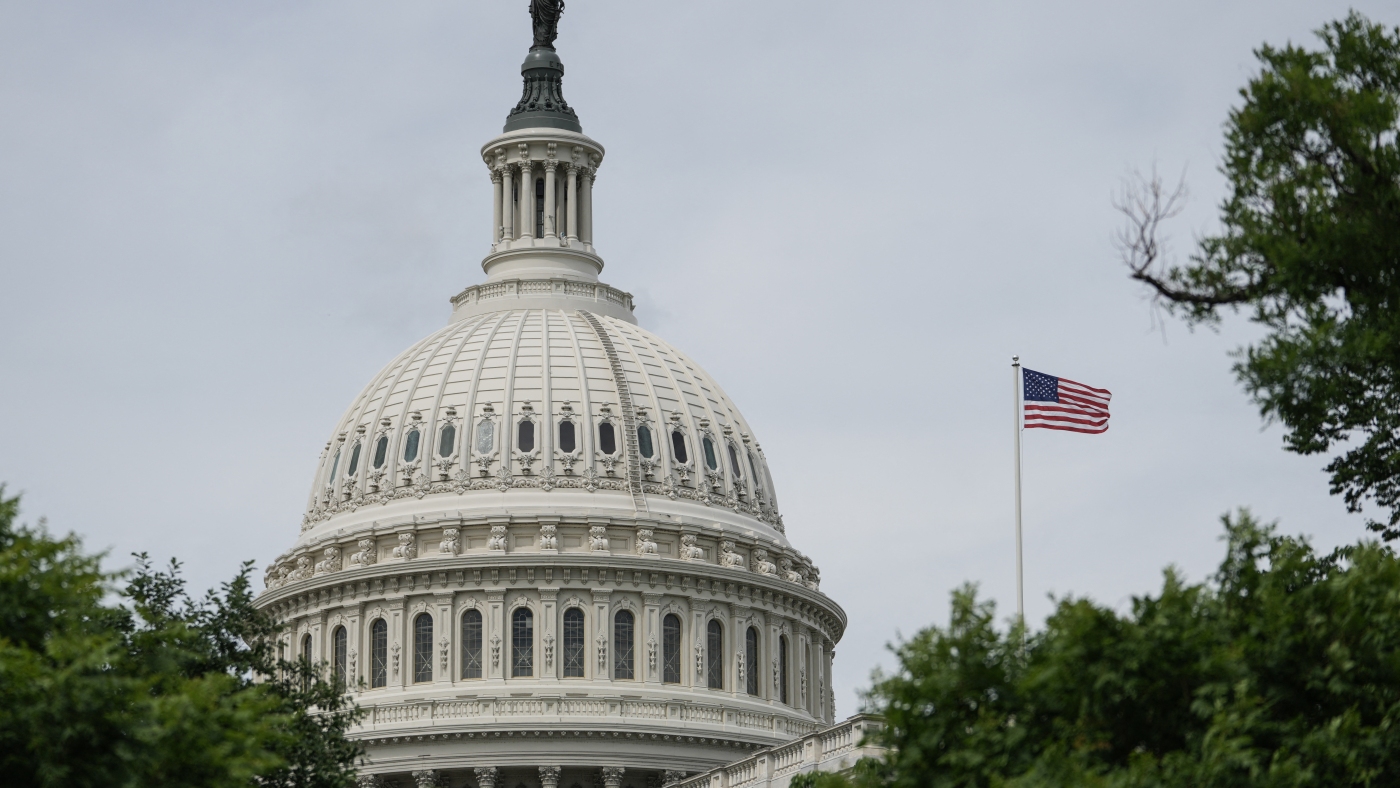The Role of Federal Funding in Combating the Opioid Epidemic
Federal funding has been a cornerstone in the battle against the opioid epidemic, providing essential resources to communities across the United States. The Centers for Disease Control and Prevention (CDC) reported a significant decline in overdose deaths, with a 26.6% reduction nationwide from June 2023 to October 2024. This achievement is largely due to federal grants and programs that support addiction treatment, harm reduction, and overdose prevention efforts. These initiatives have enabled communities to implement effective strategies, such as increased access to naloxone and medication-assisted treatment (MAT), which have proven instrumental in saving lives and promoting recovery.
The Critical Need for Continued Investment
The progress made in reducing opioid overdose deaths is fragile and depends heavily on sustained federal investment. Communities have leveraged federal funds to establish and expand programs that address the multifaceted challenges of opioid addiction. These programs include:
– Addiction Treatment Centers: Providing comprehensive care, including detoxification, counseling, and MAT.
– Harm Reduction Services: Offering safe injection sites, needle exchange programs, and overdose prevention education.
– Community Outreach: Engaging with at-risk populations to provide support and resources for prevention and recovery.
– First Responder Training: Equipping emergency services with the skills and tools to administer naloxone and other lifesaving interventions.
The Consequences of Proposed Funding Cuts
Proposed federal funding cuts threaten to dismantle the progress achieved in combating the opioid epidemic. The Trump administration’s plan to revoke $11.4 billion in COVID-era grants, including funds for addiction and mental health care, could have devastating consequences. These grants have been vital in supporting community-based programs that provide treatment, prevention, and harm reduction services. The revocation of these funds could lead to:
– Reduced Access to Treatment: Many individuals relying on federally funded programs for addiction treatment may lose access to critical services.
– Increased Overdose Fatalities: Without adequate funding for naloxone programs and first responder training, the number of overdose deaths could rise.
– Strained Healthcare Systems: Medicaid cuts could overwhelm healthcare providers, leading to longer wait times and reduced quality of care for those seeking treatment.
The Impact on Vulnerable Populations
The proposed cuts would disproportionately affect vulnerable populations, including low-income individuals, minorities, and those in rural areas. These groups often face barriers to accessing healthcare and are more likely to rely on federally funded programs for addiction treatment and prevention services. The loss of these programs could exacerbate existing health disparities, leading to increased suffering and higher mortality rates among these populations.
Expert Warnings and Congressional Response
A coalition of addiction experts, including over 300 physicians, harm reduction workers, and researchers, has warned Congress about the dire consequences of cutting addiction funding. They emphasized the critical role of federal funding in reducing overdose deaths and highlighted the success of current funding initiatives. Congressional members have also expressed concerns, recognizing the importance of sustained investment in addiction treatment and prevention programs.
The Biden administration’s formation of the Office of Recovery to develop strategies for curbing drug overdose deaths underscores the need for continued federal support. Studies have shown that stronger behavioral health systems and expanding medications can reduce overdose mortality by 46%. However, proposed cuts threaten to undermine these efforts, potentially leading to an increase in overdose deaths.
The Human Cost of Funding Cuts
The impact of funding cuts extends beyond statistics, affecting the lives of individuals and families struggling with opioid addiction. Federal funding supports addiction recovery programs that help individuals rebuild their lives by:
– Providing Medical Appointments: Ensuring regular check-ups and treatment adherence.
– Crafting Résumés and Job Training: Helping individuals re-enter the workforce.
– Finding Housing: Assisting with secure and stable living arrangements.
– Building Social Connections: Encouraging positive relationships and community engagement.
Cutting these programs could leave many individuals in crisis, leading to job losses, homelessness, and further strain on families already struggling with addiction.
The Urgent Need for Sustained Investment
The proposed federal funding cuts threaten to reverse the progress made in combating the opioid epidemic. Federal funding has been crucial in reducing overdose deaths, and cutting these funds could lead to increased suffering, more lives lost to overdose, and addiction spiraling out of control. It is imperative that Congress and the administration prioritize sustained investment in addiction treatment and prevention programs. The lives of millions of Americans depend on it. Every second counts in the fight against the opioid epidemic, and every dollar invested in these programs is a step towards saving lives and rebuilding communities.

